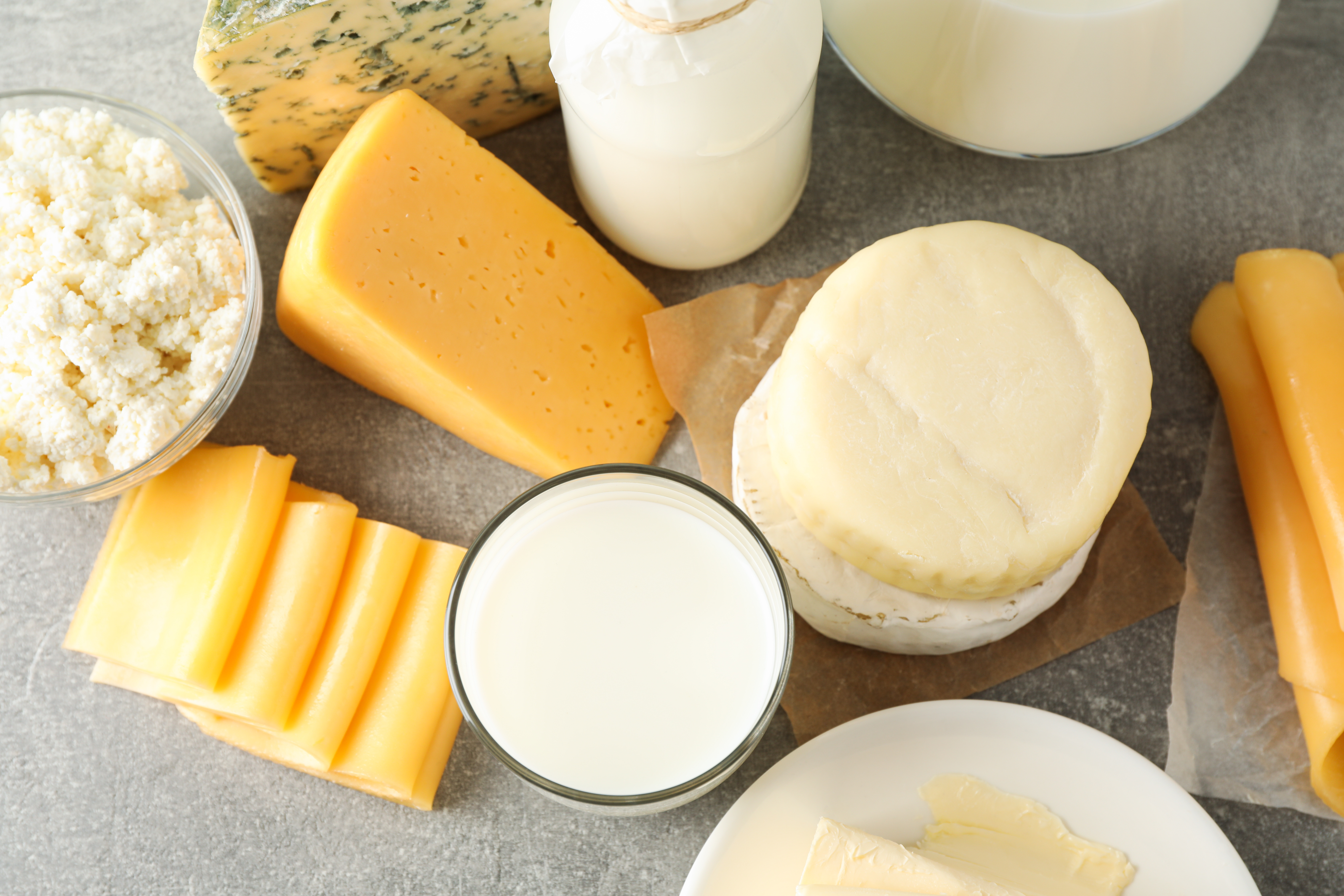Cholesterol Culprits: Foods Secretly Sabotaging Your Health Goals
5. The Cholesterol Paradox of Dairy

Dairy products, often celebrated for their calcium and vitamin D content, can present a paradox when it comes to cholesterol. Full-fat dairy products, such as whole milk, cheese, and butter, contain saturated fats that can elevate LDL cholesterol levels. However, some studies suggest that fermented dairy products—like yogurt and kefir—may have a neutral or even beneficial effect on cholesterol due to their probiotic content. The key lies in choosing low-fat or fat-free dairy options and incorporating fermented products into the diet. By doing so, individuals can enjoy the nutritional benefits of dairy without compromising their cholesterol goals. Additionally, exploring plant-based dairy alternatives, such as almond milk or soy yogurt, can provide similar nutrients with less impact on cholesterol levels.
6. The Overlooked Role of Processed Meats

Processed meats, such as sausages, bacon, and deli meats, are often high in saturated fats and sodium, both of which can negatively impact cholesterol levels. The high salt content in these products can lead to increased blood pressure, while the saturated fats contribute to higher LDL cholesterol levels. Moreover, processed meats often contain preservatives and additives that can further exacerbate their impact on heart health. Opting for lean, unprocessed meats—such as chicken or turkey—and incorporating plant-based protein sources, like legumes and tofu, can help reduce the intake of harmful fats and support healthy cholesterol levels. By being mindful of meat choices and portion sizes, individuals can enjoy a balanced diet that promotes good heart health.
